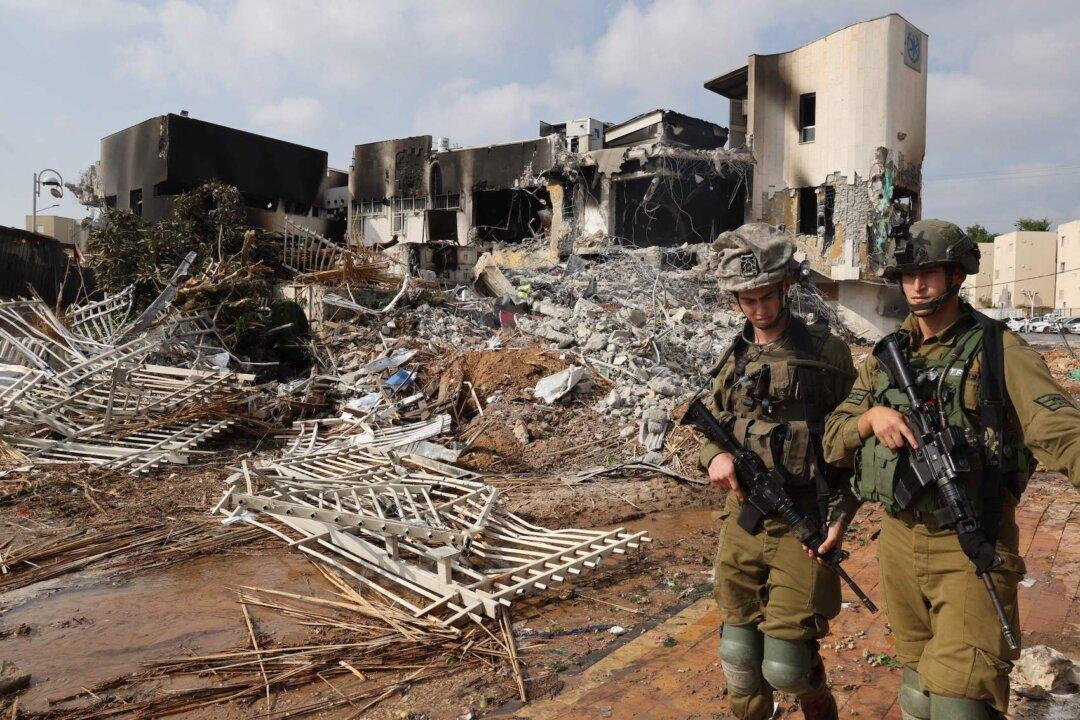The horrific Hamas terrorist attack on Israel on Oct. 7 has been called the deadliest day for the Jewish people since the Holocaust. The United States has stood firm in its support of Israel’s right to defend itself against the terrorist organization, while China has accused Israel of a “disproportional response” in fighting back at Hamas. Those very different stances toward Israel reflect a stark divide between the camps of freedom and authoritarianism in the world today.
The Hamas attack killed at least 1,400 Israelis. Eylon Levy, a former spokesperson for Israeli President Isaac Herzog, said, “It’s no exaggeration to say yesterday was the darkest day in Jewish history since the end of the Holocaust.” Israeli Prime Minister Benjamin Netanyahu called Oct. 7 “the most horrible day for the Jewish people since the Holocaust." Lazar Berman, The Times of Israel’s diplomatic correspondent, made the same reference, saying, “October 7, 2023 saw the most Jews slaughtered in a single day since the Holocaust.”





